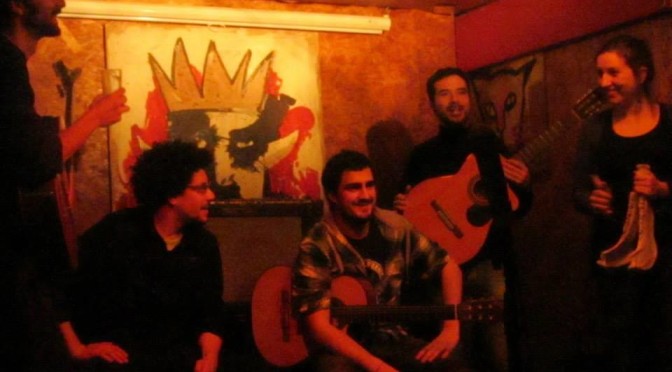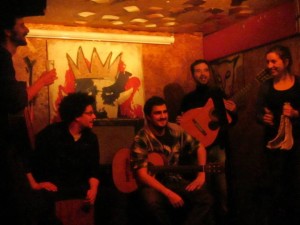All links to High Existence:
My Struggle with Social Media: A Diatribe on Ego and Honesty
…so if I unfriend or ignore you online, I hope you understand. But if you see me go on some friending frenzy you’ll know I found something worth telling the world about. I will have found a banner I can wave that doesn’t read, “Look at me!” Rather, it might read, “Look at us. Poor, sorry, beautiful us.”
A Philosopher’s Guide to Facebook Envy
“It’s a real taboo to mention envy, but if there is one dominant emotion in modern society, that is envy…”
– Alain de Botton
Do you ever feel negative emotions while browsing the web? If you do you’re not alone. A recent study showed 1 in 3 people feel more depressed after visiting social media sites like Facebook. Psychologists call this phenomenon as ‘Facebook envy’.
Best-selling philosopher Alain Botton has pointed out that because Facebook envy is one of the least talked about emotions, it has the power to potentially destroy your life and prevent you from achieving your dreams. To stop this from happening to you, Alain de Botton has invented what he calls the ‘envy diary technique’.
By using the envy diary technique outlined in this post you’ll be able to transform negative emotions like Facebook envy, jealously and frustration into motivation and confidence, allowing you to achieve your goals with more speed and more ease.
The Envy Diary Technique
Whenever you feel envy:
- Acknowledge it.
- Write down the cause.
- Repeat.
- Look for a pattern.
Social Media is Distorting Your Creative Vision, and You Don’t Even Know It
What drives your creative work? Money? Fame? Success? If you’re an artist, you’re probably answering “no way”— meaning drives you. Finding purpose or making your life meaningful is your deepest priority, even if it’s not the priority you act on most. (Let’s face it, if living a meaningful life consisted of following an indubitable recipe, we’d all do it. But it doesn’t.)
Whether subtly or profoundly, we all experience this drive for meaning. And though the cause of this drive seems unidentifiable, it’s by searching for it that we add meaning to our lives. Art is just one way we undertake this search. The difficulty, though, with making art is remaining honest, and often our truest desires get supplanted with the desires of others. If you’re struggling to find artistic fulfillment, it may have nothing to do with your skill set or methodology, and everything to do with unquestioned motivations.
For some time now my own work (writing) has felt polluted. I’ve struggled to achieve a sense of honesty, so I recently began exploring why. What I found is an intoxicating ideology and social media as the dominant carrier of it. Together they chloroformed me, stifling my creativity and sapping the pleasure from my work.










